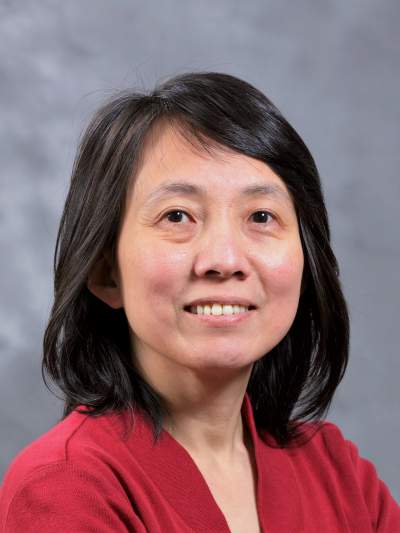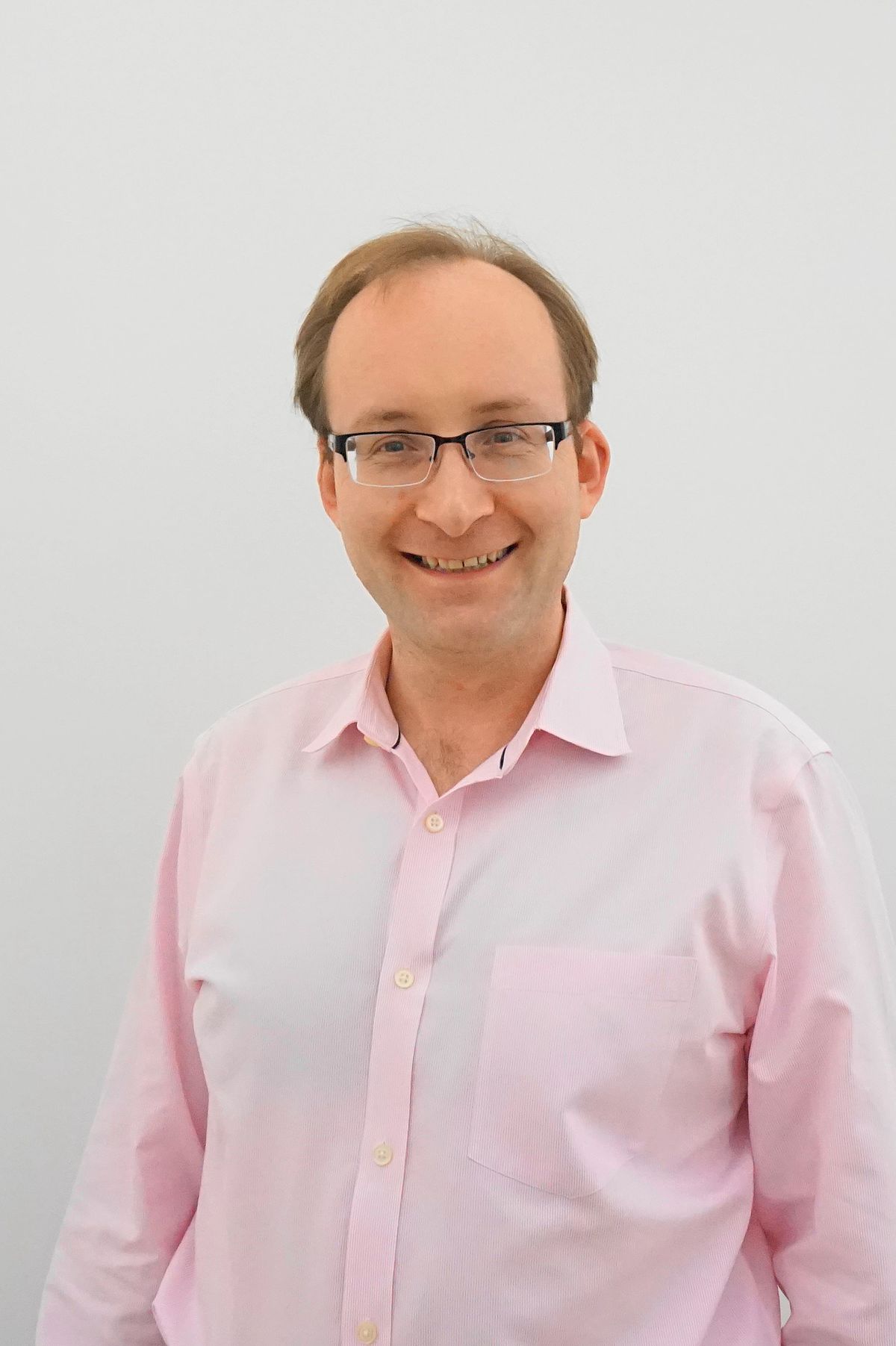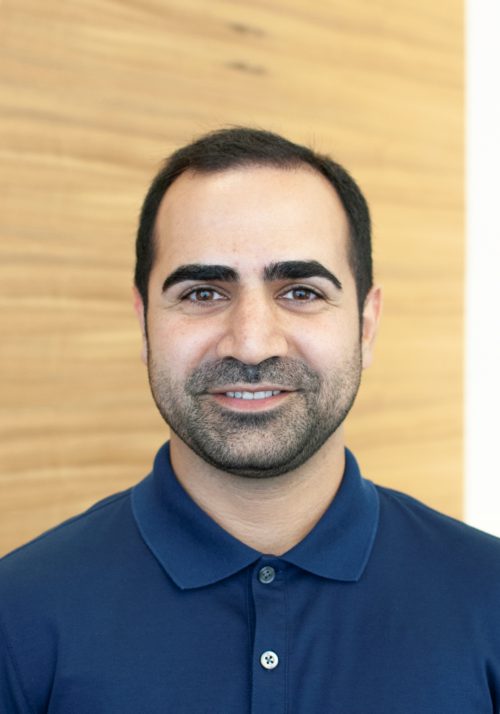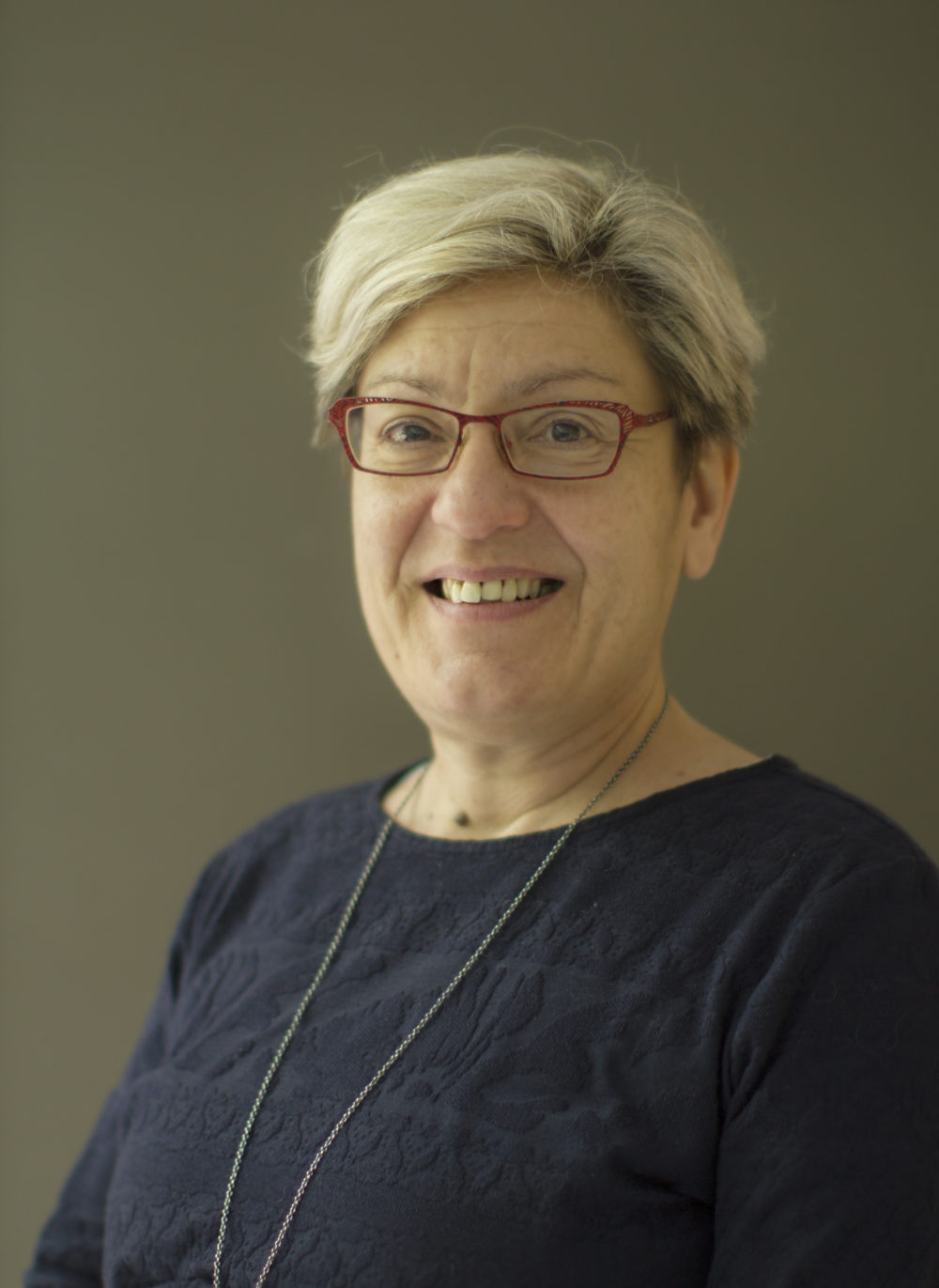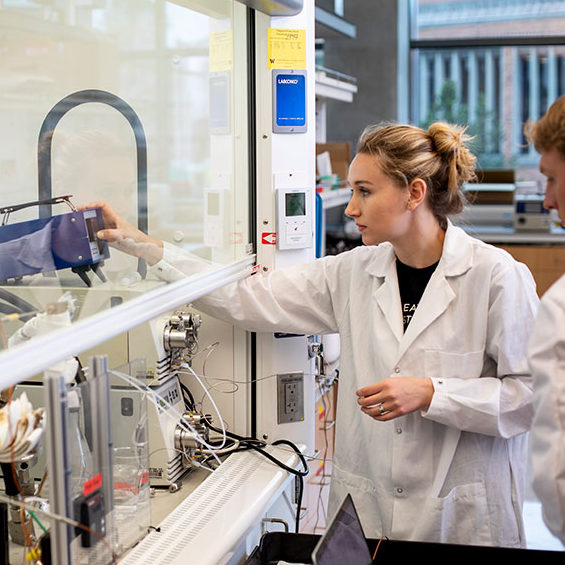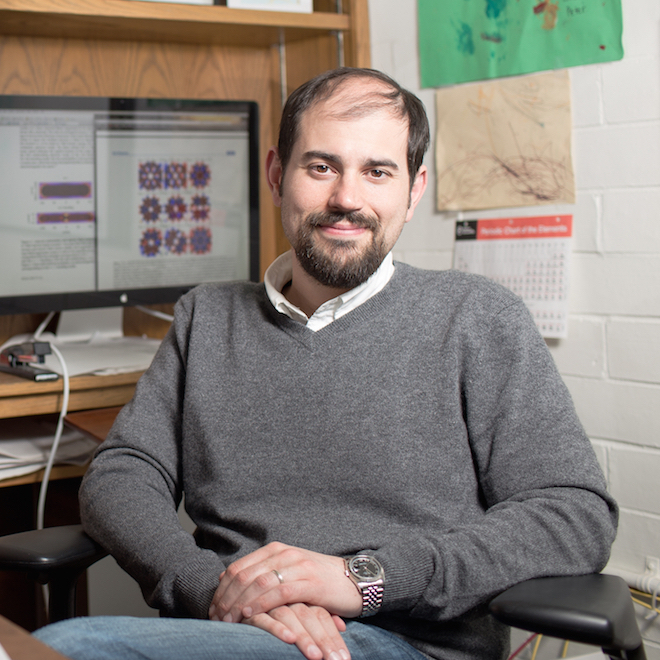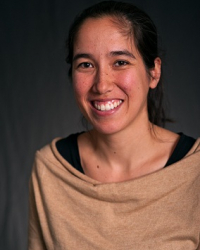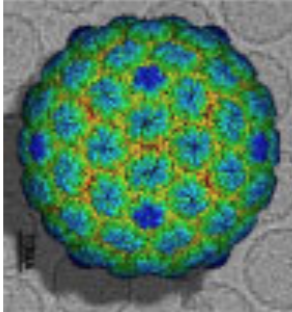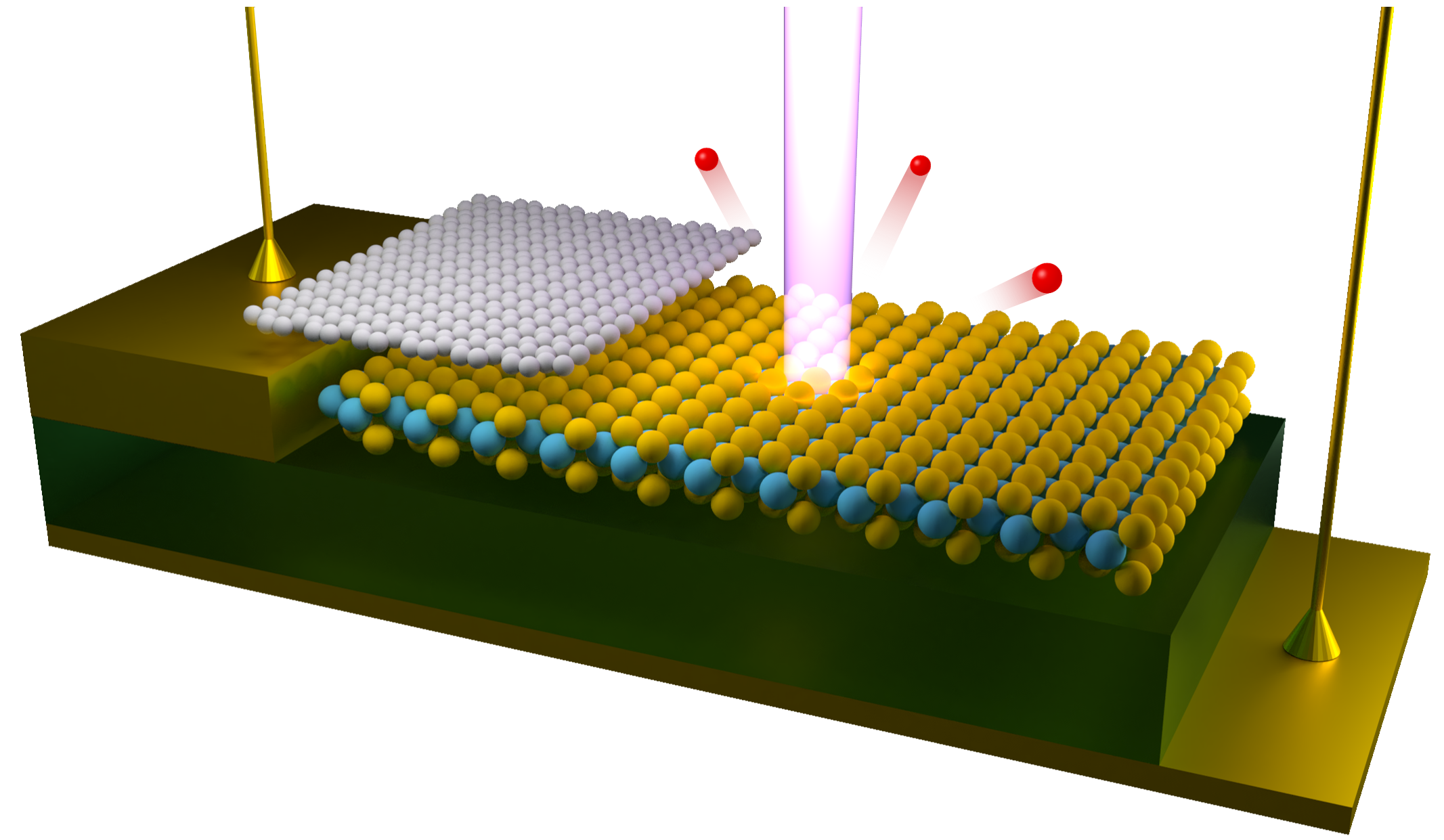NanoES faculty member Lih Lin, Professor of Electrical & Computer Engineering, has been awarded an Optical Society Fellowship for 2020 due to the significant technical achievements and contributions she has made in the field of photonics. Dr. Lin has demonstrated pioneering efforts in several new research frontiers, including the research and development of MEMS (Micro-Electro-Mechanical Systems) optical switching technologies and innovation in solution-processed photonic components and devices.
Professor Lih Lin named 2020 Optical Society Fellow
